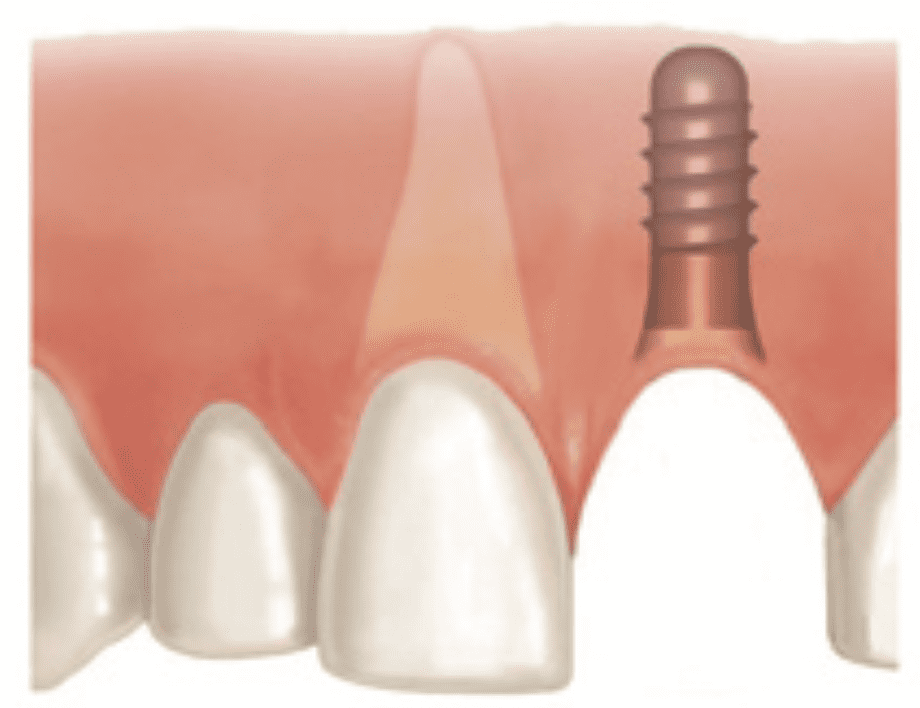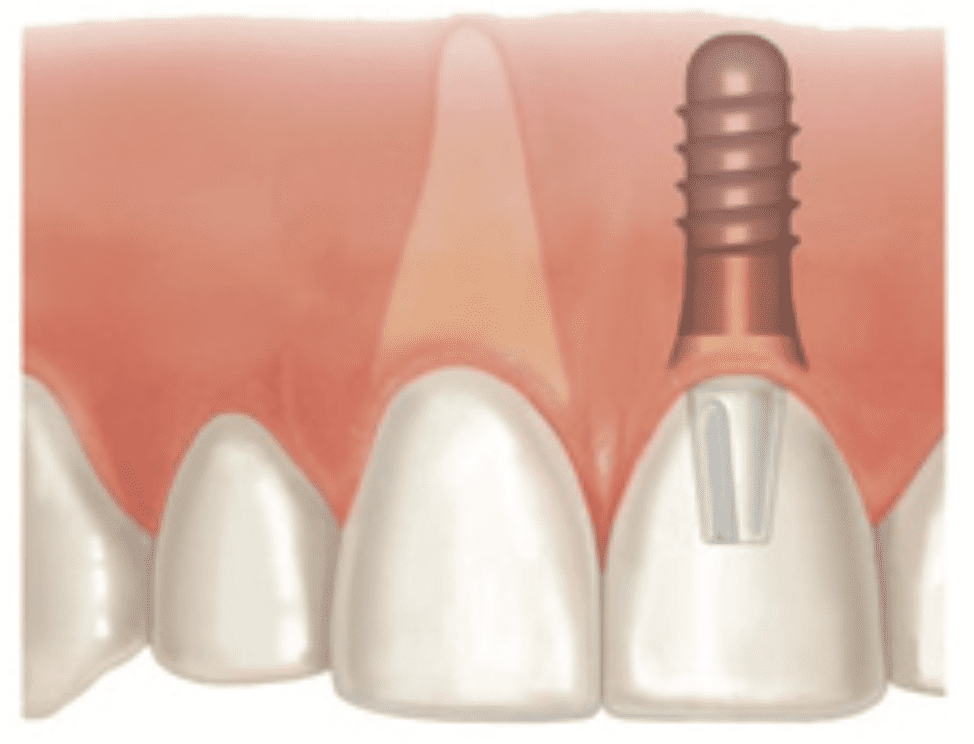
By Dr Peter Butcher
BChD Leeds, Eng 2001, MCGDent, GDC79283
Are you thinking about replacing your missing teeth? There are several ways to replace missing teeth, but it is important to find the most suitable replacement option to suit you and to aid your day-to-day functionality. Replacement options can either be removable or fixed. You will be able to explore any of these replacement options here at The Maltings Dental Practice with the choice of clinicians from our Implant team. Dental implants are a great way to replace a single tooth, multiple teeth or even to help retain the stability of a denture. If maintained as recommended by your dentist, implant success and survival rates are between 97% to 100%.
What are the main benefits of dental implants?
Dental implants help to preserve your jawbone and facial structure. This is due to the chewing forces to the jawbone, which helps to maintain healthy jaw and therefore preserve your facial structure. Dental implants are a long-term solution for your smile, self-confidence and most importantly function for eating. A dental implant looks and feels like your natural tooth/teeth. Our patients can feel more comfortable talking, smiling and eating after their dental implant.


What is a dental implant?
A dental implant is made of a titanium post that is placed into the jawbone; this is the substitute for the tooth roots. Once the dental implant is secure and a successful integration has been achieved, a ceramic tooth is constructed to replicate the top part of the tooth.
The process
Placing a dental implant requires a small procedure which is carried out under a local anaesthetic. If you would like to explore your options for sedation this can be requested and carried out at the practice, too. The procedure itself should be pain-free once adequate anaesthesia has been achieved, but once this has worn off, you will likely experience some discomfort and soreness during the healing process due to the history of minor oral surgery. This is perfectly normal and your clinician is always available for post operative advice if needed.
A dental implant can take an average of 6-12 weeks to heal and integrate efficiently. Once your clinician has deemed your dental implant stable and successful, the process of providing a restoration can begin. This involves a mould or a digital scan of the site which will be sent to a dental laboratory. They will work with the information provided to construct a final restoration. This will likely be placed approximately two to three weeks after the impression visit. The whole process from consultation to the final restoration on average is six months.
Aftercare
We must treat a dental implant as we would a natural tooth; maintaining good oral hygiene to preserve its stability. Cleaning around the restoration attached to the dental implant should be no more difficult than cleaning a natural tooth. If your clinician believes there to be an area that might be a little tricky to access, they will provide you with complete oral hygiene instruction and demonstrations, and also give you advice on what instrument works best. Keeping up with your dental implant reviews as advised will help to maintain your implant health and identify any concerns at an early stage. Although dental implants can only be placed once the jaw has finished growing around 18 years old, you are never too old to consider this treatment as an option. Our team provide both existing patients and external patients with a bespoke treatment plan and costings involved at each stage of the treatment.
If you would like to attend the practice for a consultation to discuss your suitability for dental implants, please do not hesitate to contact our reception team on 01476 563181.
Alternatively, you can access online booking via our website.

Commercial Road, Grantham
01476 563181
www.maltingsdental.co.uk

